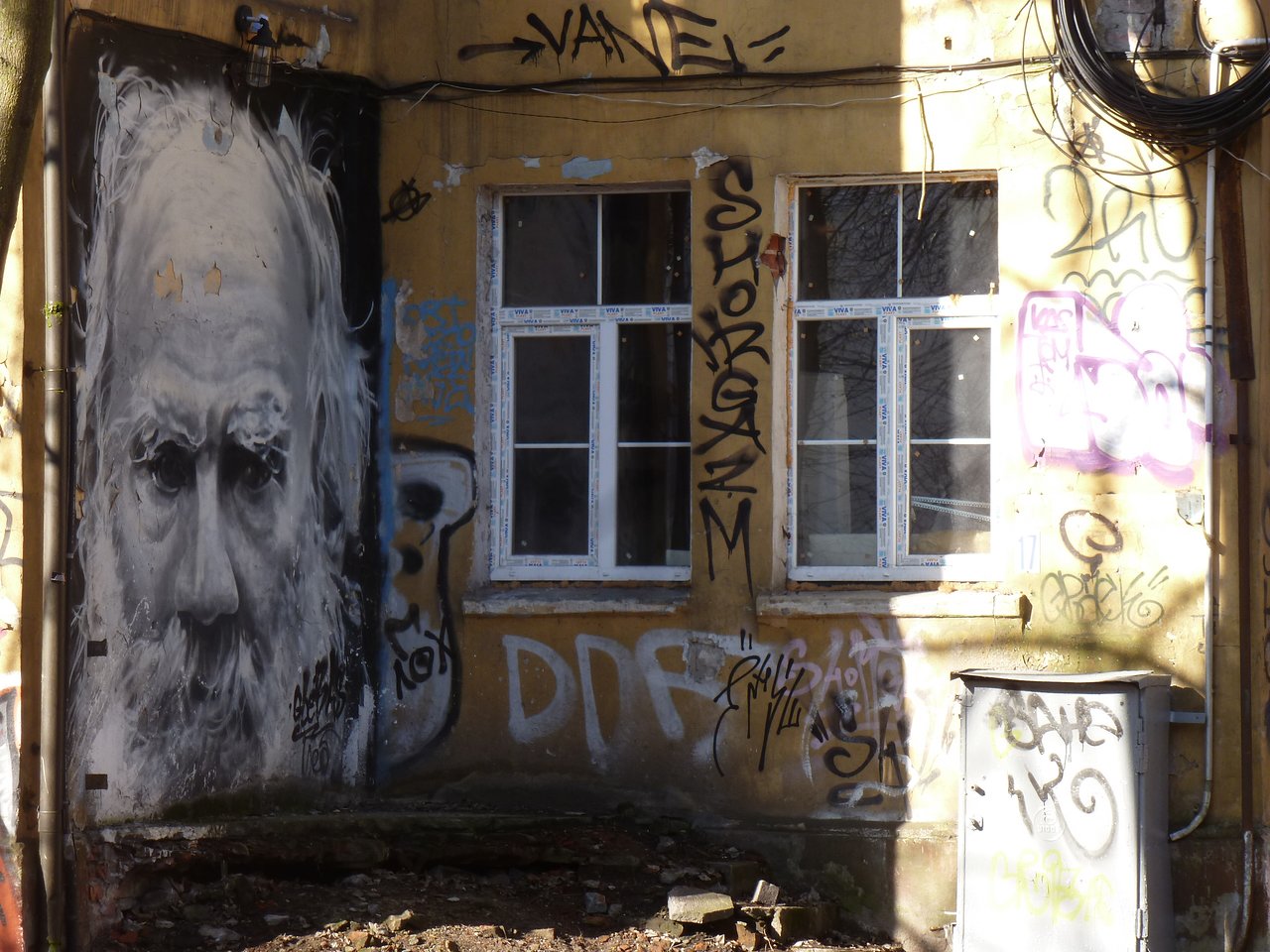Leo Tolstoy Archive
Written: 1899
Source: Anna Karenina, by Leo Tolstoy, translated from Russian to English by Constance Clara Garnett
Transcription/Markup: Andy Carloff
Online Source: RevoltLib.com; 2021

After the last words of the prisoners had been heard, and the lengthy arguments over the form in which the questions were to be put to the jury were over, the questions were finally agreed upon, and the justiciary began to deliver his instructions to the jury.
Although he was anxious to finish the case, he was so carried away that when he started to speak he could not stop himself. He told the jury at great length that if they found the prisoners guilty, they had the right to return a verdict of guilty, and if they found them not guilty, they had the right to return a verdict of not guilty. If, however they found them guilty of one charge, and not guilty of the other, they might bring in a verdict of guilty of the one and not guilty of the other. He further explained to them that they must exercise this power intelligently. He also intended to explain to them that if they gave an affirmative answer to a question, they would thereby affirm everything involved in the question, and that if they did not desire to affirm everything involved in the question, they must distinguish the part they affirmed from the part they disaffirmed. But, seeing on the clock that it was five minutes of three, he decided to pass over to a statement of the case.
"The facts of this case are the following," he began, repeating everything that had been stated over and over again by the defendants' attorneys, the prosecutor and the witnesses. While the justiciary was charging the jury his associates thoughtfully listened, and now and then glanced at the clock. They thought that although his charge was sound, i. e., as it should be, it was too long. Of the same opinion was the prosecutor, as well as all those connected with the court, including the spectators. The justiciary concluded his charge.
It was thought he had finished. But the justiciary found it necessary to add a few words concerning the importance of the power given to the jury; that it should be used with care, and should not be abused; that they had taken an oath; that they were the conscience of society, and that the secrecy of the consultation room was sacred, etc., etc.
From the moment the justiciary began to speak, Maslova kept her eyes on him, as if she feared to miss a word, so that Nekhludoff was not afraid to meet her gaze, and constantly looked at her. And before his imagination arose that common phenomenon of the appearance of a long absent, beloved face, which, after the first shock produced by the external changes which have taken place during the long absence, gradually becomes the same as it was many years ago—all the past changes disappear, and before the spiritual eyes stands forth the main expression of the peculiar spiritual individuality. This happened with Nekhludoff.
Yes, notwithstanding the prison garb, the bloated body and the high breast; notwithstanding the distended lower part of the face, the wrinkles on the forehead and the temples, and the swelling under the eyes, it was undoubtedly that same Katiousha who on Easter Sunday looked up to him, her beloved, with her enamored, smiling, happy, lively eyes.
"What a remarkable coincidence! That this case should be tried during my term! That, without seeing her for ten years, I should meet her here in the prisoner's dock! And what will be the end? Ah, I wish it were over!"
He would not yield to the feeling of repentance which spoke within him. He considered it an incident which would soon pass away without disturbing his life. He felt himself in the position of a puppy who had misbehaved in his master's rooms, and whom his master, taking him by the neck, thrust into the dirt he had made. The puppy squeals, pulls back in his effort to escape the consequences of his deed, which he wishes to forget, but the inexorable master holds him fast. Thus Nekhludoff felt the foulness of his act, and he also felt the powerful hand of the master, but did not yet understand the significance of his act, did not recognize the master. He did not wish to believe that what he saw before him was the result of his own deed. But the inexorable, invisible hand held him fast, and he had a foreboding that he should not escape. He summoned up his courage, crossed his legs, as was his wont, and, negligently playing with his pince-nez, he sat with an air of self-confidence on the second chair of the front row. Meanwhile he already felt in the depth of his soul all the cruelty, dastardliness and baseness not only of that act of his, but of his whole idle, dissolute, cruel and wayward life. And the terrible veil, which during these twelve years in such marvelous manner had hidden from him that crime and all his subsequent life, already began to stir, and now and then he caught a glimpse behind it.